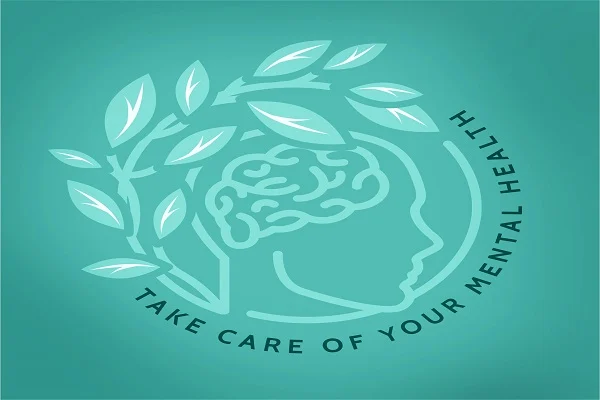Owing to the COVID-19 pandemic and its havoc-wreaking implications, we have all been confined to the bounds of our homes. The pandemic has successfully assembled an array of hurdles for humankind to battle, including a massive healthcare crisis and a global economic slowdown among others. Amidst such onerous circumstances, our actions and experiences are getting moderated by the spells and strains of the Novel Coronavirus.
In India, the onset of the second wave of COVID-19 and its unnerving reign of terror has jolted the pillars of hope previously sustaining the mental well-being of several individuals. A daunting uncertainty, the fear of succumbing to the monstrous clutches of COVID, and the agony of losing loved ones have taken a toll on the mental well-being of the masses.
Bereft of all hope, individuals from all walks of life are toiling against the grinding obstacles put in place by the COVID-19 pandemic. Being caught up in this seemingly everlasting grind may be more nerve-racking for some than others and hence, striking a copybook work-life balance might get hard. Under such circumstances, being kind to one’s mind is of paramount importance. Therefore, familiarising oneself with coping techniques that help manage stress, anxiety, and exasperation can help one and the people they care about become more resilient.
Here is a befitting toolkit that might help one catalyse the functioning of their coping mechanisms amidst such hard and trying times-
1) Design a schedule that works for you-Designing a schedule daily could help one block time slots for getting work done while making sufficient time for engaging in practices that make one happy. Creating a daily highlight and setting other achievable targets might enhance productivity.
2) Pause. Reflect. Refocus. –Amid such trying times, being in the right headspace and making optimal use of time might get arduous and burdensome. Hence, it becomes imperative to understand that while designing a schedule daily is a healthy practice, completion of all tasks on the ‘to-do’ list is immaterial. Moreover, it is vital to acknowledge that in the thick of a global health crisis, making it through the day and accomplishing as much as one can is sufficient progress. Whenever going gets hard, reflecting on one’s experiences of the day, evaluating one’s response to the new realities and ultimately refocusing attention on things one can control is of help.
3) Limit your intake of media coverage on COVID-19 updates- Although facts minimize fear, constant exposure to media coverage on COVID-19 might trigger anxiety and be upsetting. Additionally, fake news rumours and excessive speculation fuel fear and stress and hence, it is recommended that one relies on credible sources for staying updated once or twice a day.
4) Stay connected with your loved ones- While practising social distancing is a necessity, social isolation can be detrimental to an individual’s mental well-being. Hence, staying connected with loved ones via technology can mitigate the effects of being socially distanced.
5) Make time to unwind-Making time for activities that truly make one happy can offer a gratifying experience while equipping them with an out of the ordinary mode of expression especially during such testing times.
6) Meditation and Mindfulness- Meditation supplemented with deep-breathing exercises helps one in stress management. Furthermore, calmly acknowledging and accepting one’s feelings assists one in becoming more mindful and aware.
7) Take care of your health-Eating a balanced diet, exercising regularly, getting sufficient sleep and staying hydrated at all times is highly recommended. Avoiding consumption of alcohol and tobacco is advisable.
References
#HealthyAtHome – Mental health (who.int)
Mental Health and Coping During COVID-19 | CDC
COVID-19: Experts share insights on managing mental health | World Economic Forum (weforum.org)
WHO-2019-nCoV-MentalHealth-2020.1-eng (1).pdf
Search
Categories
Recent Posts
- A brief visit to a project site in Gurugram
- How was OneStage born?
- ‘The plight of people moved me, and the heroic efforts of frontline workers inspired me to support COVID Relief work’
- 7 ways to take care of your Mental Health during the pandemic
- 5 things you must keep in mind before forwarding information on COVID












.png)

.png)

